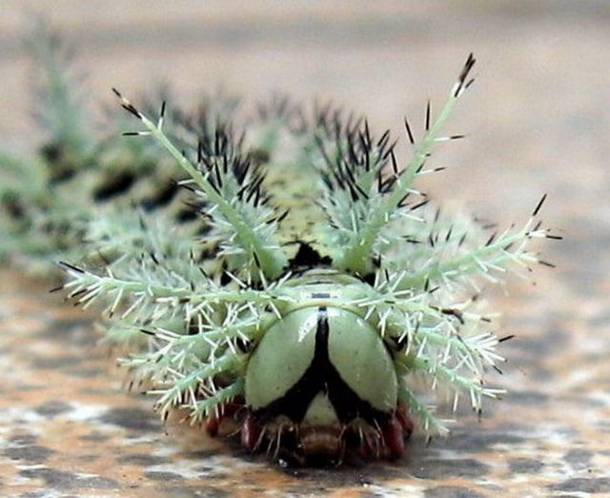
It’s in sugar-free chewing gum, sweets – and increasingly used in medications and nicotine replacement chewing gums.Ĭleaning products, medicine, and batteries – all common household items that can cause big problems for your pets: Xylitol: is extremely harmful to dogs.Iron is also usually in lawn moss killers and lawn ‘feed and weed’. Watch out for human supplements and iron tablets. Iron: foods rich in iron can be fatal to pets.Some household products also contain alcohol, including mouthwashes, perfumes, aftershaves, colognes and glues.

Alcohol: alcoholic drinks are toxic to pets so keep them well away from prying paws.It’s also in skin creams and can be very poisonous as it affects a pet’s heart, liver and kidneys. Vitamin D: this vitamin is in supplement tablets, cod liver oil, human medicines and rat poisons.It’s common in human food and can also be found in dishwasher tablets and salts, bath salts, rock salt for de-icing roads and pavements, play dough and, of course, sea water. Salt: salt, or sodium chloride, is extremely poisonous to pets.This might be due to the salt on the peanut. Peanuts can cause upset tummies and occasionally lead to fits. Macadamia Nuts and Peanuts: they can cause weakness and tremors.Throw away the avocado stone as it can obstruct a pet’s intestines. Avocados: these can affect birds as they contain the chemical persin.Onions, Garlic and Chives: they have chemicals called organosulphoxides, which can poison dogs and cats if enough is eaten over a number of days.Make sure your pets don’t eat any food with these ingredients, e.g.


Caffeine is also in many energy drinks, chocolate and even human painkillers, so keep all these away from curious paws. Keep tea bags and coffee out of reach of cats and dogs.

Chocolate: human chocolates contains theobromine, a chemical that can be fatal to pets.Lots of food that we consider a tasty treat can be deadly for our pets.


 0 kommentar(er)
0 kommentar(er)
